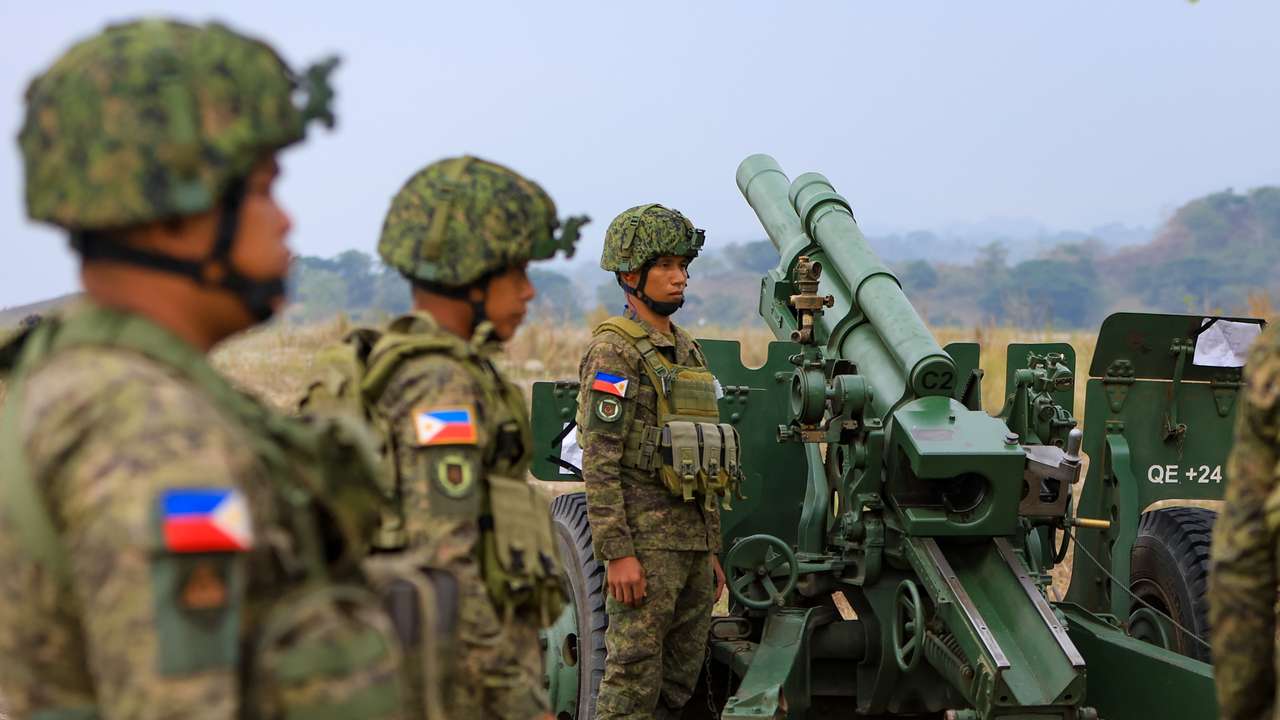Philippines rejects Taiwan independence, but will it protect the island in a US-China war?

Taiwan is a province of China — this has long been the guiding principle of the Philippines’ view of Taiwan in relation to China, a position rooted in a 50-year-old joint communique between then-President Ferdinand Marcos Sr. and longtime Chinese premier Zhou Enlai and upheld by every administration since.
Under this document, Manila recognised Beijing as the sole legal government of China, formally severing diplomatic ties with Taipei while maintaining economic, trade, and cultural links with the Taiwanese people.
Incumbent Philippine President Marcos Jr., son of the Philippine dictator who signed the 1975 communique, has continued this policy. Despite his own qualms about Beijing in the West Philippine Sea, his administration has repeatedly stressed that Manila does not recognise Taiwan’s independence.
On August 28, Foreign Affairs Secretary Theresa Lazaro reiterated the government’s position before a Senate hearing, saying that while the Philippines is for peace and dialogue, it recognises only one, sole, and legal government of China.
“The Filipino people have long-standing relations with the Taiwanese people, and we therefore benefit from continued engagement with them,” Lazaro said. “But, just to add a little bit more, we do not recognise Taiwan as a sovereign state.”
Lazaro, who described her office as a “guardian and steward” of the One-China policy, made the remarks amid renewed debate over how Manila might respond if conflict breaks out in the Taiwan Strait.
Earlier this month, Marcos Jr. warned that the Philippines would inevitably be pulled “kicking and screaming” into a war between the U.S. and China over Taiwan. The comment that drew the ire of Beijing, which accused him of “playing with fire.”
With Manila’s firm adherence to the One-China principle on one hand and its defence alliance with Washington on the other, questions are growing over whether the Philippines would defend Taiwan in the event of conflict.
Veteran defence journalist Manny Mogato believes the Philippines’ neutrality is unlikely.
In an August 13 interview with Global South World, Mogato cited three reasons why the Philippines would likely side with Washington if it intervened to protect Taiwan from a Chinese invasion — or, in Beijing’s words, a “reunification.”
First is geography. The Philippines sits about 1,200 kilometres south of Taiwan, directly along potential conflict routes in the South China Sea, inevitably drawing it into air and maritime operations simply by virtue of its location.
Second is the country’s 1951 Mutual Defence Treaty with the U.S., which predates the 1975 pact with Beijing. The treaty obliges Manila to come to Washington’s aid if U.S. forces are attacked in the Pacific, a scenario that could extend to a war over Taiwan.
How would this play out, considering the Philippines is constrained by its limited military capabilities? Mogato said Manila’s role would likely be logistical rather than combat-focused.
“Of course, we cannot send troops. We cannot send the Air Force and Navy ships because we don't have that capability. But we can support through logistics,” he said. “They can refuel here, store their armaments, or use this as a staging point — that will be the Philippines’ use.”
Third is the presence of U.S. forces on Philippine soil. There are nine Enhanced Defence Cooperation Agreement (EDCA) sites across the country: five in Luzon, one in the Visayas, and three in Mindanao.
These facilities host joint exercises, preposition supplies, and enhance U.S. access to Philippine bases.
Mogato warned that these sites could become targets in a regional conflict.
“On these three grounds, even if the Philippines doesn’t want to, it will inevitably be drawn into conflict,” he said. “It’s impossible that we don’t get involved in this trouble.”
For now, as Marcos Jr. hopes for cooler heads to prevail over Taiwan, he has also recognised the need to prepare for all eventualities, especially considering the almost 200,000 overseas Filipino workers on the island.
This story is written and edited by the Global South World team, you can contact us here.